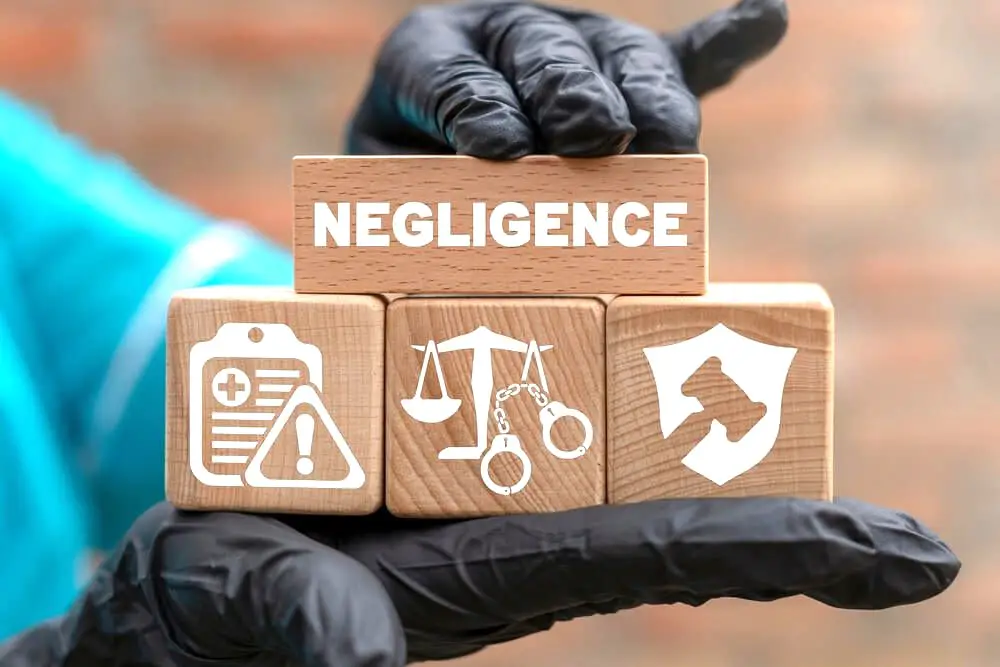Negligence in Insurance Law is a term that holds significant weight in the realm of insurance law. It encompasses a wide array of legal concepts, responsibilities, and obligations. In this comprehensive guide, we will delve deep into the intricate world of negligence in insurance law, shedding light on its importance, implications, and frequently asked questions. Join us on this journey as we unravel the complexities surrounding this crucial aspect of the insurance industry.
Understanding Negligence in Insurance Law:
What is Negligence in Insurance Law?
Negligence in insurance law refers to the failure of an insurer, insured party, or any involved third party to exercise reasonable care in a manner that results in harm or loss to another party.
Why is Negligence Significant in Insurance?
Negligence plays a pivotal role in insurance as it can determine liability, coverage, and the outcome of claims. It helps establish fault and responsibility in insurance-related disputes.
Key Elements of Negligence in Insurance Law
Duty of Care
Every party involved in an insurance transaction has a duty of care to act reasonably and in accordance with established industry standards.
Breach of Duty
Negligence arises when a party breaches their duty of care, failing to meet the expected standard of conduct.
Causation
To prove negligence, it must be demonstrated that the breach of duty directly caused the harm or loss in question.
Damages
Finally, negligence claims require quantifiable damages or losses suffered by the plaintiff.
Negligence in Insurance Claims:
How Does Negligence Impact Insurance Claims?
Negligence can affect the outcome of an insurance claim by determining who is at fault and to what extent. It can also influence the calculation of compensation.
Can an Insurance Company be Negligent?
Yes, insurance companies can be found negligent if they fail to act in good faith, improperly investigate a claim, or unreasonably deny coverage.
Comparative Negligence in Insurance:
What is Comparative Negligence?
Comparative negligence is a legal doctrine that allocates fault between multiple parties involved in an incident, including the injured party, and can impact the compensation received in insurance claims.
How Does Comparative Negligence Affect Insurance Settlements?
Comparative negligence can reduce the amount of compensation a claimant receives based on their degree of fault in causing the incident.
Negligence and Insurance Fraud:
Is Negligence Related to Insurance Fraud?
Negligence and insurance fraud are distinct concepts, but negligence can play a role in identifying fraudulent claims, as exaggerated or fabricated damages may raise suspicion.
Legal Standards and Precedents:
What Legal Standards Apply to Negligence in Insurance Law?
Legal standards for negligence in insurance law vary by jurisdiction, but generally, they require proof of the elements mentioned earlier.
Can Previous Cases Set Precedents for Negligence in Insurance Law?
Yes, previous cases can set legal precedents that guide future negligence claims in insurance law.
Role of Expert Witnesses:
How Do Expert Witnesses Contribute to Negligence Cases in Insurance Law?
Expert witnesses can provide specialized knowledge and opinions to help establish or refute negligence claims.
Statutes of Limitations:
What Are the Statutes of Limitations for Negligence Claims in
Insurance Law?
Statutes of limitations vary by jurisdiction and type of insurance claim, but they set the time frame within which a claim must be filed.
Case Studies:
Exploring Notable Negligence Cases in Insurance Law
This section will analyze real-world negligence cases, providing insights into their outcomes and implications.
Conclusion:
In conclusion, negligence is a multifaceted concept deeply intertwined with insurance law. Its impact on claims, liability, and compensation cannot be overstated. Understanding negligence is crucial for all parties involved in the insurance industry, from policyholders to insurers, as it forms the foundation for resolving disputes and ensuring fair outcomes
